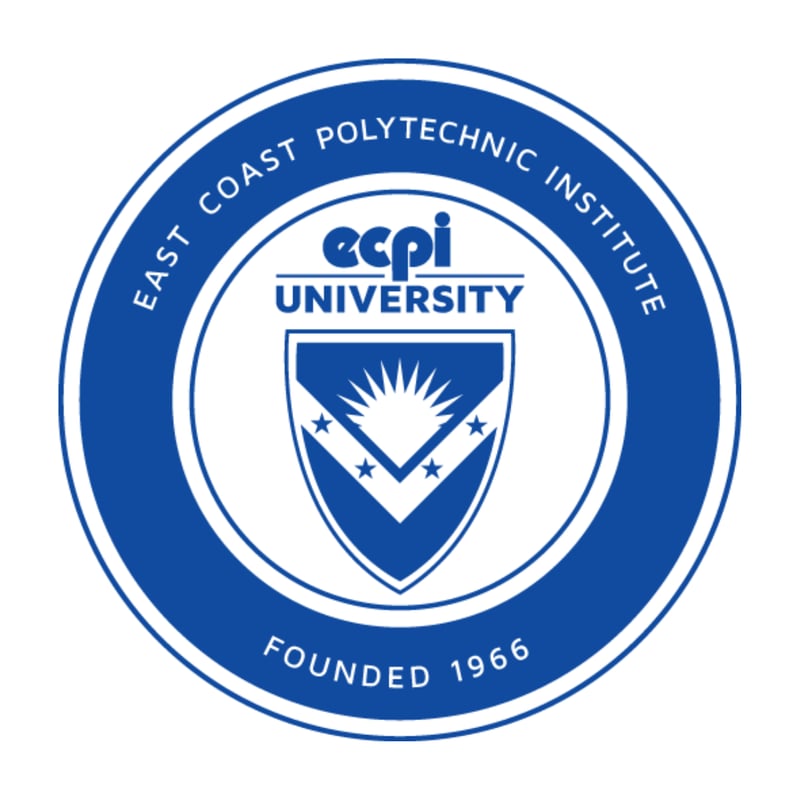
Financial aid (may be available)

No cost info

Financial aid (may be available)

Financial aid (may be available)

Financial aid (may be available)

Financial aid (may be available)

Financial aid (may be available)

No cost info

Financial aid (may be available)

Financial aid (may be available)

Financial aid (may be available)

No cost info
No cost info
Learn about the components of supply chains including supply chain networks, supply chain facilities, transportation, and inventory management as well as how emerging technologies affect them with our Supply Chain Fundamentals Certificate. These courses are perfect for learners seeking to enter the supply chain profession, as well as those who are seeking to enter supervisory roles or enter a new domain within the supply chain.
No cost info
This certificate program provides a foundation in supply chain and logistics management from both a U.S. as well as global perspective, preparing participants for professional careers with manufacturers and distributors, transportation carriers, and logistics service providers.
No cost info
American Military University (AMU) offers a logistics management certificate at the graduate level. It provides in-depth study of logistics and supply chain management with consideration of global impacts.
AMU’s online logistics certificate emphasizes transportation factors related to logistics, especially the maritime industry. The curriculum covers topics such as:
Transportation policy and planning
Transportation management and economics
Port and terminal operations
This program is an appropriate choice for those who wish to increase their knowledge of logistics and supply chain management without committing to a full degree program.
No cost info
No cost info
The online Logistics and Supply Chain Management Certificate from CCU will help you gain a deeper understanding of the processes and fundamentals within supply chain and inventory management, including purchasing and inbound logistics; material handling in distribution centers; warehousing and warehouse management; financial and inventory controls; transportation and distribution; and reverse and global logistics.
No cost info

Financial aid (may be available)

$2,730 total

Financial aid (may be available)
Logistics is a vital aspect of any business operation, ensuring that goods and services are efficiently transported from one location to another. If you're interested in pursuing a career in logistics, taking a logistics class can provide you with the necessary skills and knowledge to excel in this field. In this blog post, we will explore logistics classes available near you in Boston and provide you with valuable information to help you find the perfect class.

Before we dive into logistics classes in Boston, let's start with a brief introduction to logistics. Logistics is the process of planning, implementing, and controlling the efficient flow and storage of goods, services, and related information from the point of origin to the point of consumption. It plays a crucial role in supply chain management and involves activities such as inventory management, transportation, warehousing, and distribution.
To pursue a career in logistics, it is recommended to have at least a high school diploma or equivalent. While a degree is not always necessary, having a bachelor's degree in fields such as supply chain management, business, or operations management can give you a competitive edge in the job market. Additionally, some employers may require certifications in specific areas of logistics, such as Certified Supply Chain Professional (CSCP) or Certified Professional in Logistics and Supply Chain Management (PLS).
When searching for a logistics class, there are several factors to consider to ensure you find the right fit for your needs. Here are some things to look for:
Logistics classes typically cover a range of topics related to supply chain management and logistics operations. Here's what you can expect from a typical logistics class:
Obtaining a certification in logistics can enhance your credibility and increase your chances of securing a job in the field. The certification process may vary depending on the specific certification you pursue. Here's a general overview of the certification process:
Choose a Certification: Research different logistics certifications and choose one that aligns with your career goals and interests. Some popular certifications include Certified Supply Chain Professional (CSCP), Certified Professional in Logistics and Supply Chain Management (PLS), and Certified in Production and Inventory Management (CPIM).
Meet Eligibility Requirements: Each certification has its own eligibility requirements, such as a certain level of education or professional experience. Make sure you meet these requirements before applying.
Prepare for the Exam: Study the exam content outline provided by the certification body and prepare for the exam. There are various study materials and resources available, including textbooks, online courses, and practice exams.
Take the Exam: Schedule and take the certification exam. The exam format and duration may vary depending on the certification. Make sure to familiarize yourself with the exam format and review all the relevant topics.
Maintain Certification: Some certifications require you to maintain your certification by earning continuing education credits or renewing your certification periodically. Stay updated with the certification requirements and fulfill the necessary obligations to keep your certification active.
After completing a logistics class and obtaining relevant certifications, you'll be ready to enter the job market. Here are some tips to help you find a logistics job:
Networking: Build a professional network by attending industry events, joining logistics associations, and connecting with professionals on platforms like LinkedIn. Networking can help you discover job opportunities and get referrals.
Job Boards and Websites: Explore job boards and websites that specialize in logistics and supply chain management. Some popular platforms include Indeed, Monster, and LinkedIn Jobs. Additionally, Dreambound is a great platform for students to find vocational training programs, including logistics classes.
Career Fairs: Attend career fairs and job fairs specifically for logistics professionals. These events provide an opportunity to connect with employers and learn more about job openings.
Internships and Apprenticeships: Consider applying for internships or apprenticeships in logistics to gain hands-on experience and increase your chances of securing a full-time job.
Resume and Cover Letter: Tailor your resume and cover letter to highlight your logistics training, certifications, and any relevant experience. Emphasize your problem-solving skills, attention to detail, and ability to work in a fast-paced environment.
Once you have established a career in logistics, you may want to expand your skillset and explore other related classes. Here are some classes that can complement your logistics training:
If you're passionate about logistics and enjoy problem-solving in a fast-paced environment, pursuing a career in this field can be rewarding. Taking logistics classes can provide you with the necessary knowledge and skills to excel in the industry. Remember to consider factors such as accreditation, curriculum, flexibility, reputation, and cost when choosing a logistics class. And don't forget to utilize resources like Dreambound to explore vocational training programs and find the perfect logistics class near you in Boston.
Dreambound is your go-to for city-specific guides if you're starting in this field. And if you're in another location or considering a change, we've written several others as well.
Considering a change in your career? We've gathered some perspectives to help you in your journey. You can explore several of these:
Dreambound's platform allows prospective students to find the right educational program for them through searching, filtering, and connecting with our extensive selection of career & technical education partners.
Dreambound has over 70 programs across healthcare, technology, business, and industrial trades. This includes programs such as Medical Billing, Cybersecurity, and welding.
Some of our schools offer financial aid for those who qualify. Many others offer payment plans, where you can pay the cost of class over time.
Yes, Dreambound offers many online programs. On Dreambound's search, you can filter by online, in-person, and hybrid (part online, part in-person).
Dreambound is completely free for you to use! We are supported by schools and organizations who pay to advertise on our website, so we can offer all of our career resources for free.